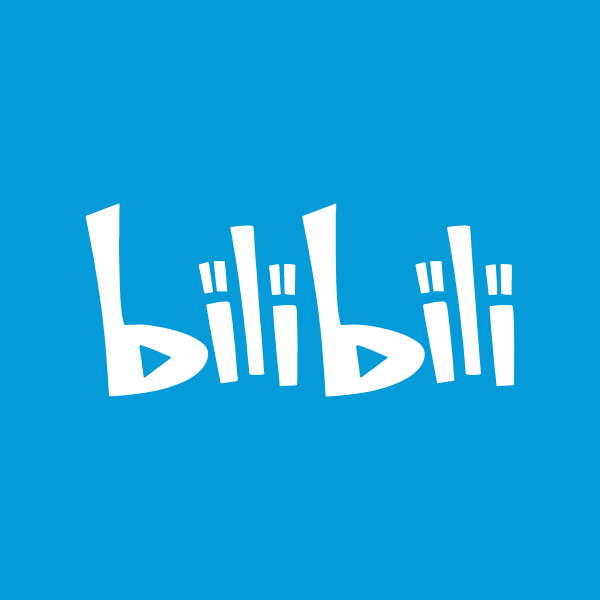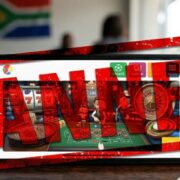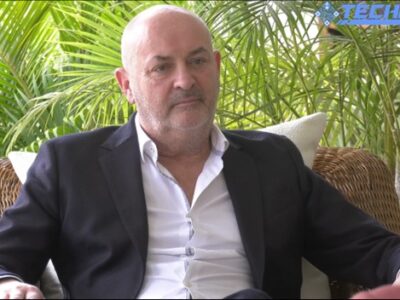To combat the rampant spread of misinformation, the Cyberspace Administration of China (CAC) has enacted strict new regulations requiring social media influencers to prove their qualifications before discussing specialized topics. This policy, which could serve as a potential blueprint for nations worldwide grappling with online falsehoods, mandates that content creators in fields like medicine, law, finance, and education provide verifiable credentials.
The directive targets major platforms including Douyin, Weibo, and Bilibili, tasking them with the verification of professional licenses, formal education certificates, or demonstrable expertise. The consequences for non-compliance are severe, ranging from account suspension to fines reaching 100,000 yuan (approximately $14,000). Chinese authorities assert that the measure is designed to protect the public by ensuring they receive reliable advice from qualified individuals, thereby fostering a more orderly and healthy digital ecosystem.



This initiative is the latest in Beijing’s broader campaign to tighten its oversight of the dynamic and influential creator economy.
However, from a perspective outside China, particularly in nations like Zimbabwe where unverified health advice and financial get-rich-quick schemes often proliferate unchecked on social media, the logic behind such a law is compelling. Imagine a local influencer with no medical background freely prescribing dubious remedies for serious illnesses, or a self-proclaimed finance guru pushing Zimbabweans into unstable crypto currency schemes without any formal economic training. The potential for real-world harm is immense.
The implementation of a similar, transparent credential-checking system in Zimbabwe could be a powerful tool for consumer protection. It would empower citizens to distinguish between qualified professionals and charismatic charlatans, potentially saving lives and livelihoods. Platforms would also be forced to take accountability for the content they amplify, moving beyond reactive takedowns to proactive verification.
While the debate around free speech and government control is valid and essential, the primary duty of any state is to protect its citizens from harm. In an age where a viral lie can spread faster than a verified truth, the question is no longer just about the right to speak, but about the public’s right to accurate information. China’s new policy presents a controversial yet formidable model. For countries like Zimbabwe, battling the corrosive effects of digital misinformation, it is a conversation worth having. The integrity of our public discourse and the safety of our citizens may very well depend on it.













Comments